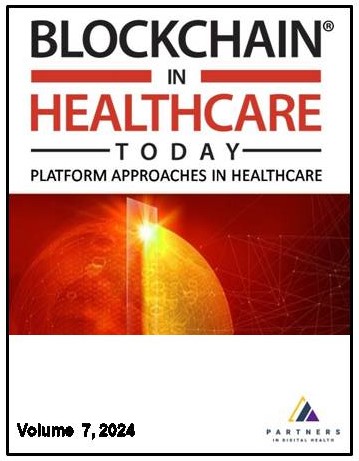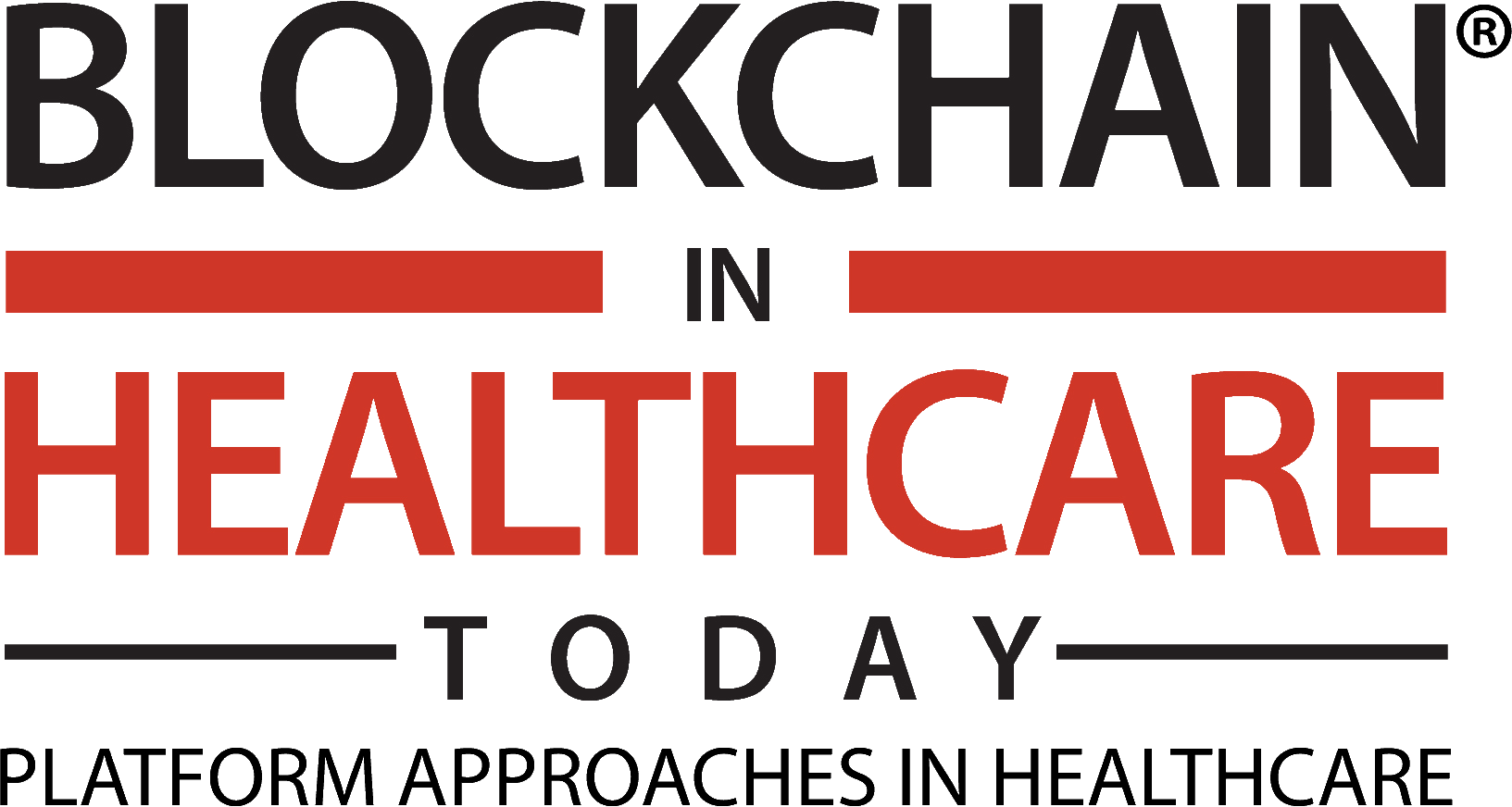Current issue

Volume 7, Issue 3, 2024
Online ISSN: 2573-8240
Volume 7 , Issue 3, (2024)
Published: 16.12.2024.
Open Access
Blockchain in Healthcare Today (BHTY) is the leading international open access journal that amplifies and disseminates platform approaches in healthcare and distributed ledger technology research and innovations. Fields of interest include healthcare information systems, leveraging data science tools and techniques, interoperability, consent mechanisms, privacy preservation, security of health data, clinical trials management, supply chain management, revenue cycle automation, immersive technologies, tokenomics, governance, regulation, network technologies, clinical computing, cryptography, and failed experiments in this expanding specialty field of research.
All issues
Contents
31.08.2024.
Technical Briefs & Reports
Model Complexity Reduction for ZKML Healthcare Applications: Privacy Protection and Inference Optimization for ZKML Applications—A Reference Implementation With Synthetic ICHOM Dataset
Web 3.0 represents the next significant evolution of the internet that embodies the underlying decentralized network architectures, distributed ledgers, and advanced AI capabilities. Though the technologies are maturing rapidly, considerable barriers exist to high-scale adoption. The author discusses the barriers and the mitigations through specific technologies maturing to solve those issues in an earlier paper titled Moving Beyond POCs and Pilots, published in 2023 in Blockchain in Healthcare Today. These include privacy-preserving technologies, off-chain and on-chain design optimizations, and the multi-dimensional approach needed in planning and adopting these technologies. As an extension, this paper discusses one such enabler, zero knowledge machine learning (ZKML), which merges two streams of technology in unique ways to address problems in privacy and the cost of inference. Zero-knowledge proofs (ZKP) allow one party to prove the validity of a statement to another party without revealing any additional information about the statement itself. The ZKML combines the cryptographic principle of ZKP with machine learning (ML) techniques. It is still a maturing technology and needs baselines for applications in global healthcare. In this effort, the authors conceptualize the technical and operational fea-sibility of using ZKML and implement a reference healthcare implementation using the synthetic International Consortium for Health Outcomes Measurement (ICHOM) in the evaluation phase in a global healthcare setting for high-volume data collection, including patient-reported outcomes. Model complexity reduction is researched and reported for the ICHOM diabetes dataset to advance the usage of ML models in global standards of health-care data collection in network decentralized architectures for increased data protection and efficiencies.
Sathya Krishnasamy, Ilangovan Govindarajan
31.08.2024.
Technical Briefs & Reports
My Holistic Data Share: A WEB3 Data Share Application: Extending Beyond Finance to Privacy-Protected Decentralized Share of Multi-Dimensional Data to Enhance Global Healthcare
WEB3.0 technologies on network architectures, distributed ledgers, and decentralized artificial intelligence represents a transformative shift in how data are handled, stored and shared. These innovations promise to significantly enhance consumer data privacy rights by addressing fundamental vulnerabilities associated with traditional centralized systems and self-custody wallets. Data breaches in traditional systems operated mainly by third parties are more common, resulting in significant data leaks because of centralized storage and excessive data movement, sometimes unnecessarily. Healthcare data breaches have been a growing concern globally. Several hospitals faced operational halts on account of the impact of ransomware on patient care and privacy. WEB3 Wallets are a vital component emerging as a significant force for global financial inclusion, especially in developing economies. They promote inclusion, reduce costs and empower individuals through self-custody. Though major improvements are needed in these wallets, their use is rising steadily. The global cryptocurrency user base is expected to reach over 500 million by 2025, with substantial growth in emerging markets, according to a report by Statista in 2023. This paper introduces a concept beyond cryptocurrencies and finance into everyday real-world use cases that need combinatorial access to a person’s holistic data, including financial and health records, genomic data, and advanced directives, among others, that need to be privacy protected and shared with specific actors identified for their roles in the WEB3 ecosystem through decentralized identifiers and non-fungible token badges identifying particular recipients. The author introduced the concept at ETHBoston in April 2024, won accolades for a primitive implementation using underlying threshold cryptography technologies, and enhanced it into a conceptual holistic data share application for global healthcare, as presented in this paper.
Sathya Krishnasamy
